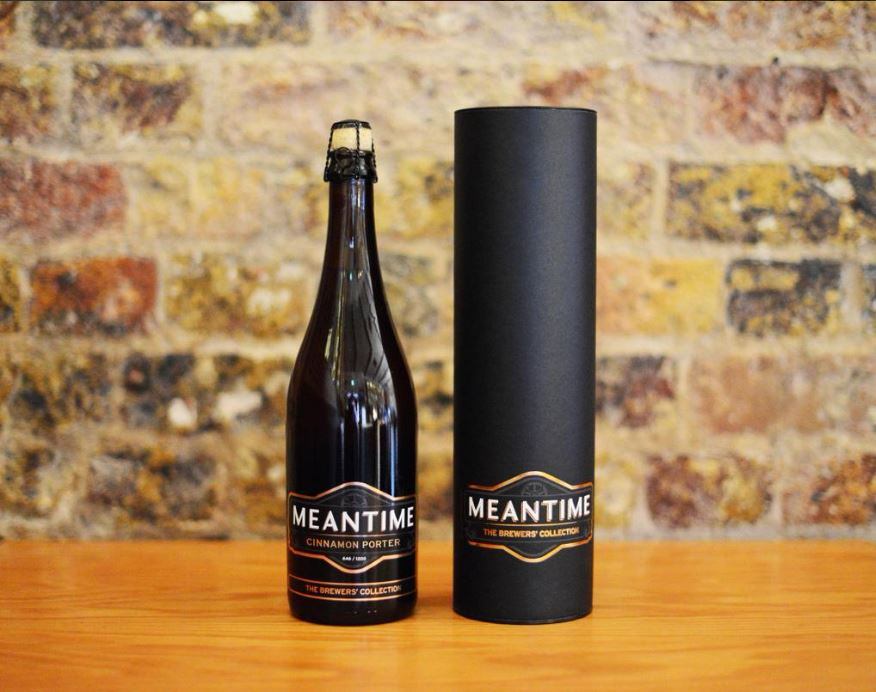Potential buyers for the brands acquired as part of AB InBev’s £68bn takeover of SABMiller could face competition issues themselves, Professor John Colley from Warwick Business School claimed.
“So who will the buyers be? Molson Coors will be highly borrowed, Heineken will have European competition issues, and Carlsberg is busy cutting costs,” he said.
“Private equity are strong possibilities but will generally pay less than trade buyers, and certainly not the 40% bid premium AB InBev are paying for SABMiller.”
Not good deals
These are not likely to be viewed as good deals from the AB Inbev shareholder’s perspective, Colley added.
“Pre-emption rights to joint venture partners or sales to private equity are all going to be lost shareholder value,” he said.
“The extent of divestments currently in negotiation, suggests that growth by acquisition of beer brands in North America, Europe or China is finished for AB InBev. Further acquisitions will involve diversification beyond beer which will carry heightened risk.”
In China, the SABMiller brand Snow is likely to be sold to joint venture partners China Resources Enterprise.
Snow at one time was believed to have 20% of the Chinese beer market.
Outside of South America and Africa one wonders how much of SABMiller can be retained, Colley warned.
Meantime craft beer
AB InBev is also planning to sell the London-based Meantime craft beer business, bought for more than £50M by SAB Miller in May.
Colley predicted AB InBev could be rethinking its strategy of acquiring craft brewers in the US because as soon as it snaps up the competition another brewer will start up.

Cost of entry into craft brewing is low as a result of distribution to local independent outlets, social media marketing and pubs favouring them. This means as soon as AB InBev acquires new craft brewers more will continue to start-up, Colley claimed.
“Small scale brewing equipment is readily available, although brewing costs are comparatively expensive,” he said.
“However beer drinkers are willing to pay a premium for craft variety, quality and interest. In view of AB InBev's pricing levels which generate a 40% earnings margin, the craft price premium may be modest overall.”
The strategy of AB InBev – driven by scale and scope economies, big products and brand advertising and distribution to large chain establishments and entertainment values – does not meet that of craft brewing, Colley claimed.
